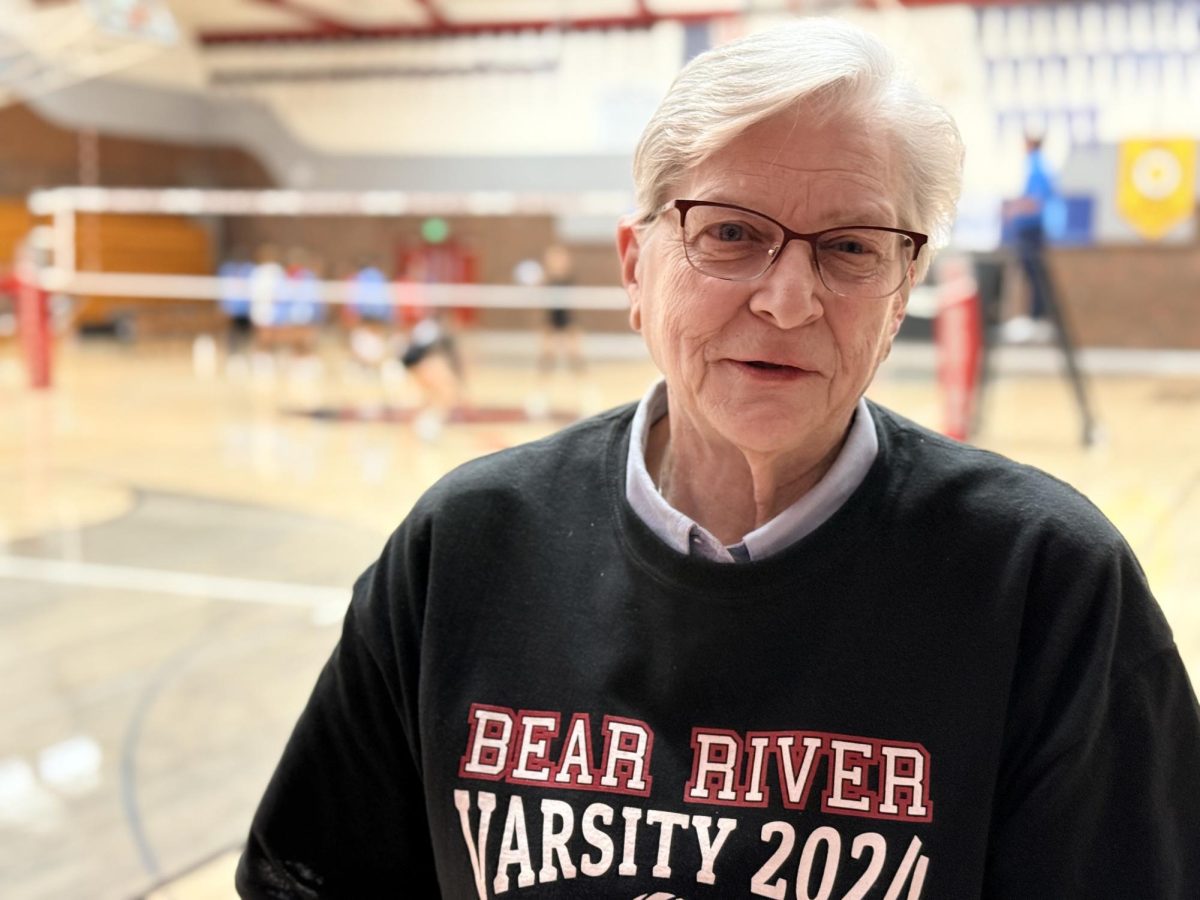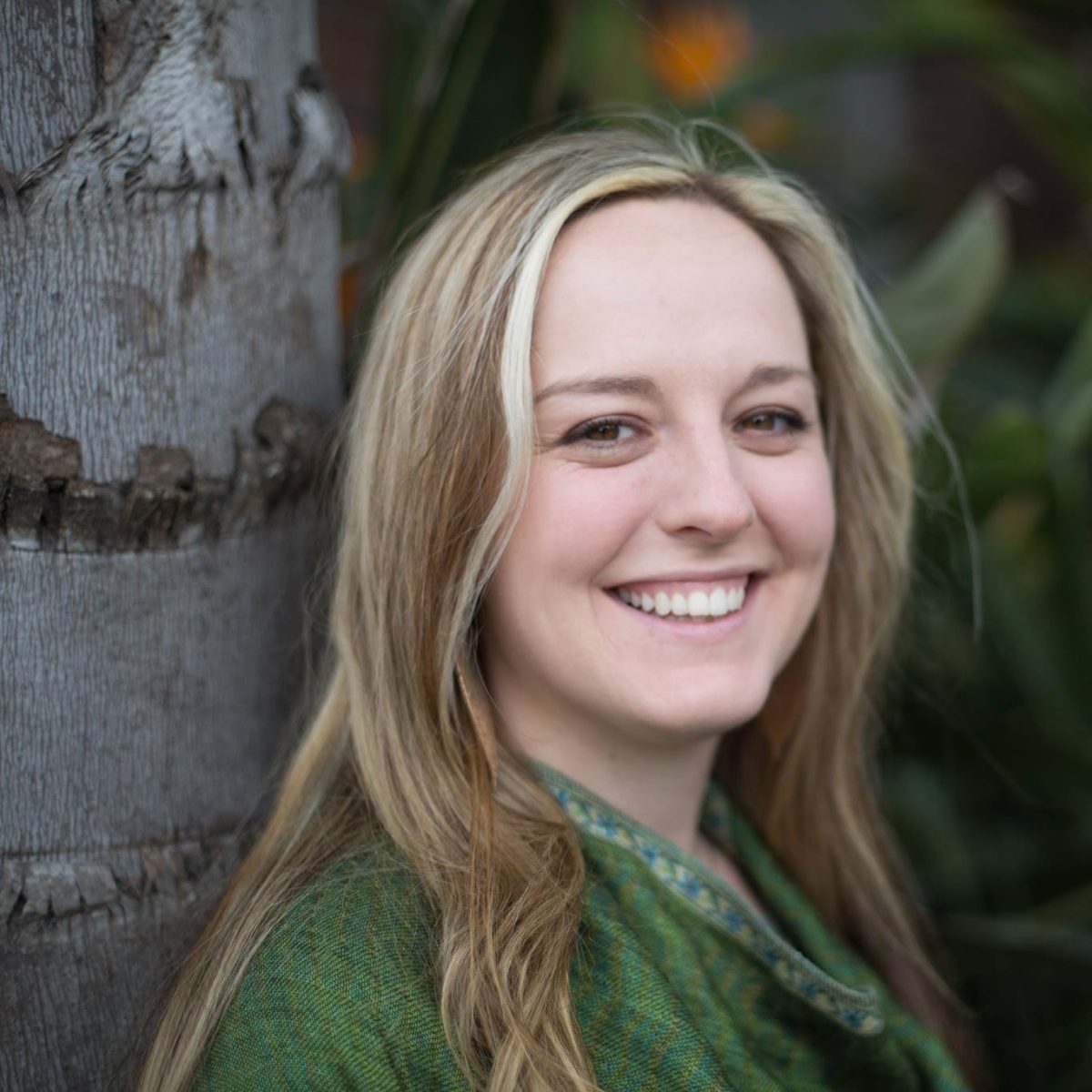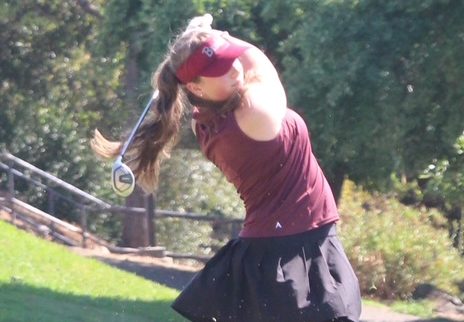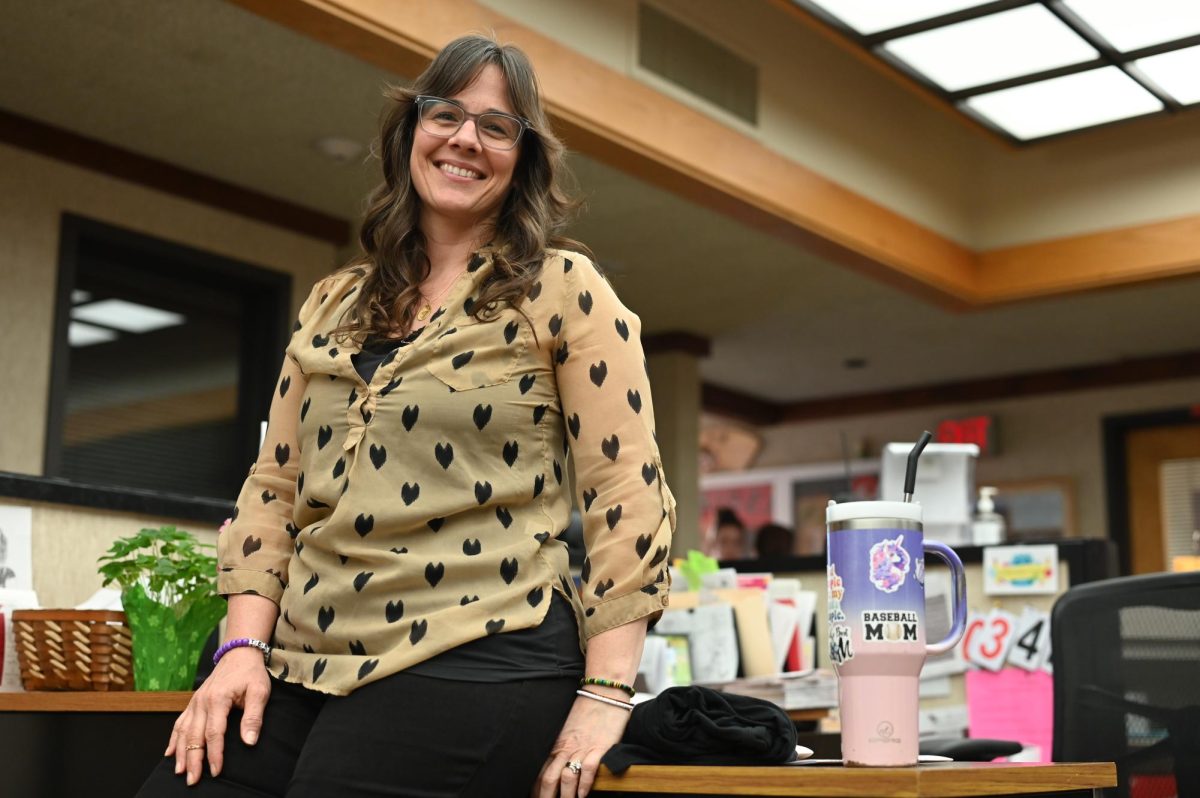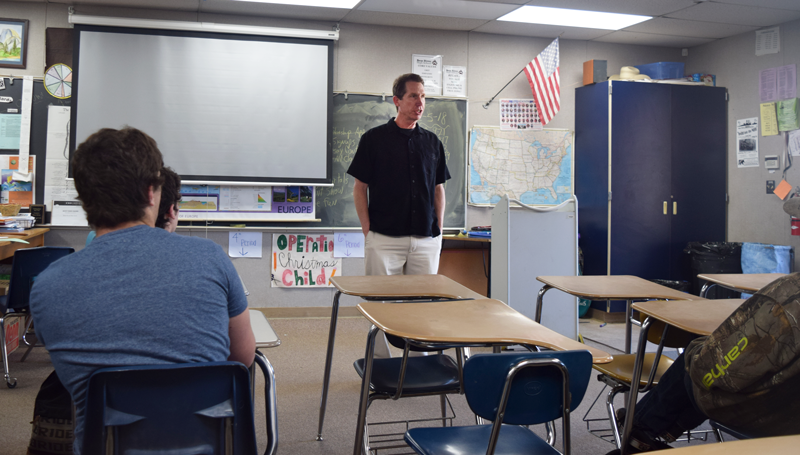An idea has bloomed in the minds of Bear River staff members for how to weed out which students should be taking Advanced Placement classes and it’s come in the form of a ‘spring assignment.’
According to Social Studies Teacher Jeffrey Carrow, this is uncharted territory for Bear River. Mr. Carrow said that Bruins will have to complete some sort of assignment in the Spring if they want to participate in an AP class in the Fall. This will help determine students’ skill levels and passion for the given subjects, he said.
“It’s just kind of in the discussion phases,” Mr. Carrow said. “We’ve been to a couple meetings, just trying to discuss exactly who should be in an AP class or not. … The talk is that there would be some sort of entrance essay in the Spring, and it would determine peoples’ abilities, and desire, and feelings for that subject based upon that essay.”
English Teacher Toby Barmeyer talked about what she thinks the purpose of this endeavor is.
“These Spring assignments show dedication and a willingness to work hard, and they provide teachers with an insight into the ability level of each student and the class overall,” she said.
Kylee Dresbach-Hill, a Senior, said that she thinks that this is an overall positive thing, though, since she will be graduating this year, the decision will not affect her.
“I think it’s a good idea,” she said. “I don’t think it’s that much work, so if they’re not willing to do even that work to get into the class, then they shouldn’t be in the class in the first place.”
However, Sophomore Justin Roberts said that he has a completely different opinion.
“It sucks,” Roberts said. “It’s just another thing to add onto the worries of what we already have to do, and if you’re going to take a multitude of classes in the coming years, it’s gonna suck.”
Some teachers at Bear River said that they don’t quite have defined feelings about it yet.
“I guess I don’t know how I feel about it exactly, only because we’ve never done it before, so it would be new,” Mr. Carrow said. “… That would have to be just one of many indicators to determine someone’s entrance. I don’t think it should be completely based upon that.”
The Spring assignment has raised many questions apart from the simple ‘is it good?’ Namely, staff are examining why the new assignment is happening, and what will it look like for the various subjects? As for the why, both students and staff say that they have had experiences with ill-placed Bruins taking AP classes.
“It’s just kind of annoying, especially in AP Lit classes,” said Dresbach-Hill. “I think the English classes make it hard, because it’s supposed to be for discussion. … Sometimes they’ll get farther behind and not read the book or whatever, and it makes it really hard to do the group projects. … It’s up to you to take advantage of the material that they give you, rather than them forcing you to do it.”
Sarah DeRise, a Senior, has personal experience with being in the wrong class.
“I was one of those kids,” she said. “I misjudged how much work I could do, especially with English. I’m doing alright in Government, but I know that there’s some kids in there who copy everything, they’re not actually doing the work and they probably shouldn’t be in that class, but they want the GPA boost.”
Ms. Barmeyer mentioned the draw of the GPA boost as well.
“Many students are appropriately placed, hard-working, and more-than-competent students,” she said. “I feel like some students choose to take AP classes for the extra point in their GPA, while others take them so that they can be with their friends from other classes; however, AP English is for students who love to read and explore literature. If reading and writing at a high level are too arduous, then students should not take this course.”
Mr. Carrow said that he feels like the bar needs to be raised.
“I’m relatively welcoming,” Mr. Carrow said. “At the same time, we’re kind of moving towards this higher standard of who actually gets into AP classes.”
To avoid making their classes too difficult for even exceptional students to do well in, teachers said they they put a lot of effort into making sure their classes are well-balanced; students said that it shows.
“It’s definitely… intense… but it’s supposed to be that way,” said Roberts. “In AP Chemistry, Gammelgard is definitely really good with helping us try to pass the class, and teach us.”
“I have yet to have a student fail an AP class, so I think balancing the rigor of AP courses with the abilities of the student population is more than manageable,” said Ms. Barmeyer. “As an AP teacher, you must aim to challenge students and hope students truly want to push themselves with the goal of wanting to learn.”
As for the second question, what would it look like for the various subjects, no one really knows, but plenty were willing to offer suggestions.
“Tests for math, maybe, even though there’s only one AP math class,” Senior Catharine Renner said. “Maybe a test for that, or for science you could do. … Maybe taking regular Biology before taking AP Biology, even though I did not do that.”
“I don’t know if the sciences have the exact same problem, I would think that you wouldn’t have as many people just randomly taking AP Chem as AP Gov or APUSH,” said Mr. Carrow. “… I’m just not entirely sure how that would look, but … I’m willing to accept it, and do the best I can with it. I think as opposed to an entrance essay to determine skill level, to me it would be better to have an entrance questionnaire to determine people’s interest level.”


